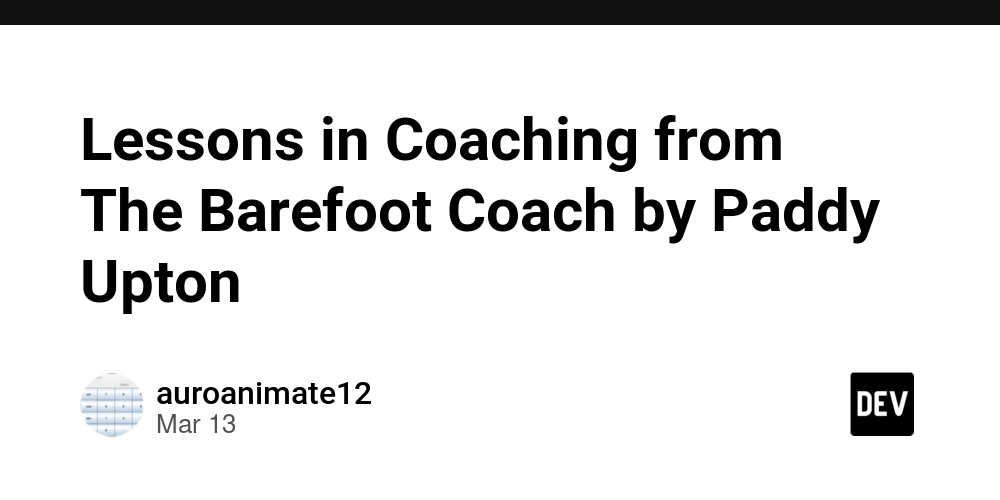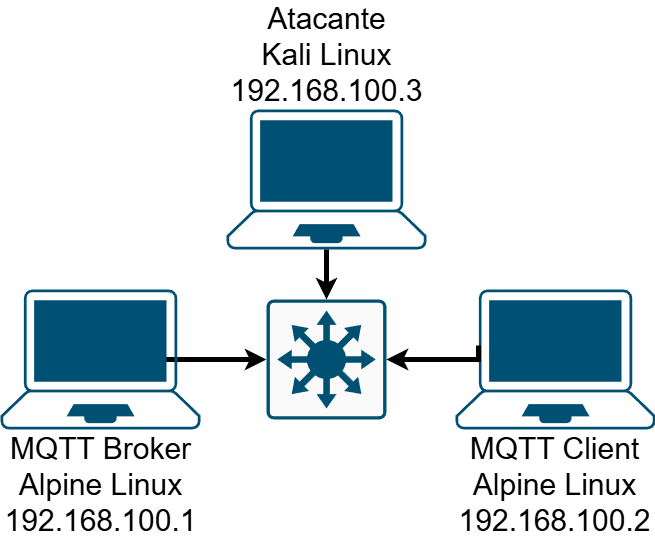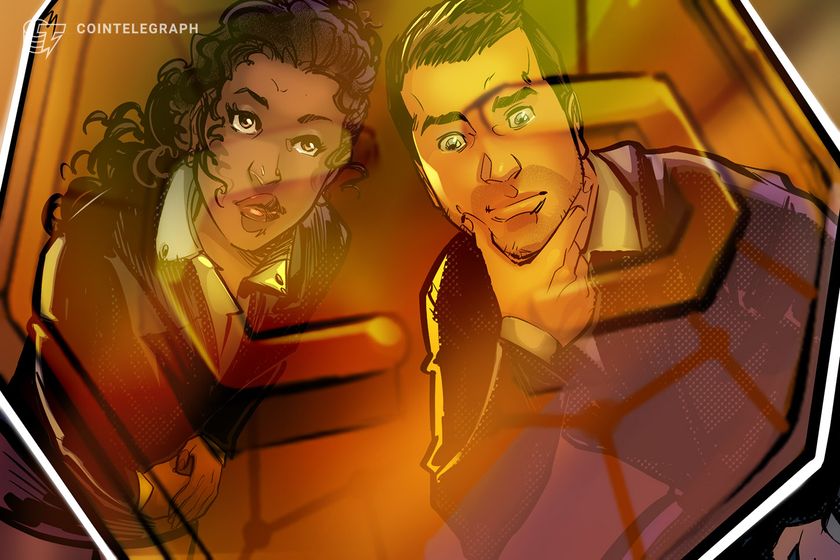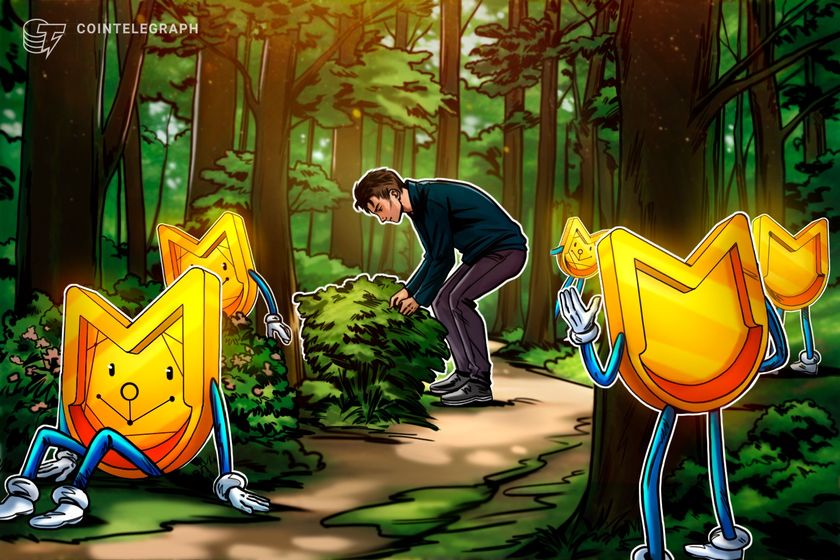Lessons in Coaching from The Barefoot Coach by Paddy Upton
Earlier in my career, I often heard that the most misunderstood role was that of a Scrum Master. Today, the same can be said about the term Coach. Whether it’s a Sports Coach, Life Coach, or Agile Coach, the role is often not fully understood—not just by team members but sometimes even by coaches themselves. Recently, I read The Barefoot Coach by Paddy Upton, an insightful book on coaching. Here are some key takeaways from an Agile and coaching perspective: The Evolution of Coaching: Lessons from Cricket The book begins by differentiating between facilitating, coaching, and mentoring, emphasizing how great coaches act as servant leaders. A compelling example comes from Indian cricket: before 2008, the team’s coaching was largely instruction-based, with little room for coaching conversations. This approach changed dramatically when specialized roles—batting, bowling, fielding, fitness, and mental fitness coaches—were introduced. Key Takeaways Specialization Matters: A single coach cannot fulfill all roles. Specialization enhances team performance. Mindset Coaching is Crucial: The introduction of a mental fitness coach in Indian cricket highlights the importance of mindset coaching in high-performance teams. Servant Leadership: Great coaches act as servant leaders, focusing on empowering their teams rather than controlling them. Why This Matters for Agile Coaching In Agile transformations, the role of a coach is often misunderstood. Like in cricket, Agile coaches must focus on empowering teams, fostering mindset shifts, and enabling self-sufficiency. The Barefoot Coach offers valuable lessons on how to approach coaching with humility, empathy, and a focus on long-term growth.

Earlier in my career, I often heard that the most misunderstood role was that of a Scrum Master. Today, the same can be said about the term Coach. Whether it’s a Sports Coach, Life Coach, or Agile Coach, the role is often not fully understood—not just by team members but sometimes even by coaches themselves.
Recently, I read The Barefoot Coach by Paddy Upton, an insightful book on coaching. Here are some key takeaways from an Agile and coaching perspective:
The Evolution of Coaching: Lessons from Cricket
The book begins by differentiating between facilitating, coaching, and mentoring, emphasizing how great coaches act as servant leaders. A compelling example comes from Indian cricket: before 2008, the team’s coaching was largely instruction-based, with little room for coaching conversations. This approach changed dramatically when specialized roles—batting, bowling, fielding, fitness, and mental fitness coaches—were introduced.
Key Takeaways
- Specialization Matters: A single coach cannot fulfill all roles. Specialization enhances team performance.
- Mindset Coaching is Crucial: The introduction of a mental fitness coach in Indian cricket highlights the importance of mindset coaching in high-performance teams.
- Servant Leadership: Great coaches act as servant leaders, focusing on empowering their teams rather than controlling them. Why This Matters for Agile Coaching In Agile transformations, the role of a coach is often misunderstood. Like in cricket, Agile coaches must focus on empowering teams, fostering mindset shifts, and enabling self-sufficiency. The Barefoot Coach offers valuable lessons on how to approach coaching with humility, empathy, and a focus on long-term growth.












































































































































































![[The AI Show Episode 142]: ChatGPT’s New Image Generator, Studio Ghibli Craze and Backlash, Gemini 2.5, OpenAI Academy, 4o Updates, Vibe Marketing & xAI Acquires X](https://www.marketingaiinstitute.com/hubfs/ep%20142%20cover.png)



























































































































![[FREE EBOOKS] The Kubernetes Bible, The Ultimate Linux Shell Scripting Guide & Four More Best Selling Titles](https://www.javacodegeeks.com/wp-content/uploads/2012/12/jcg-logo.jpg)



![From drop-out to software architect with Jason Lengstorf [Podcast #167]](https://cdn.hashnode.com/res/hashnode/image/upload/v1743796461357/f3d19cd7-e6f5-4d7c-8bfc-eb974bc8da68.png?#)





































































































.png?#)





.jpg?#)
































_Christophe_Coat_Alamy.jpg?#)







































































































![Rapidus in Talks With Apple as It Accelerates Toward 2nm Chip Production [Report]](https://www.iclarified.com/images/news/96937/96937/96937-640.jpg)








































































































































